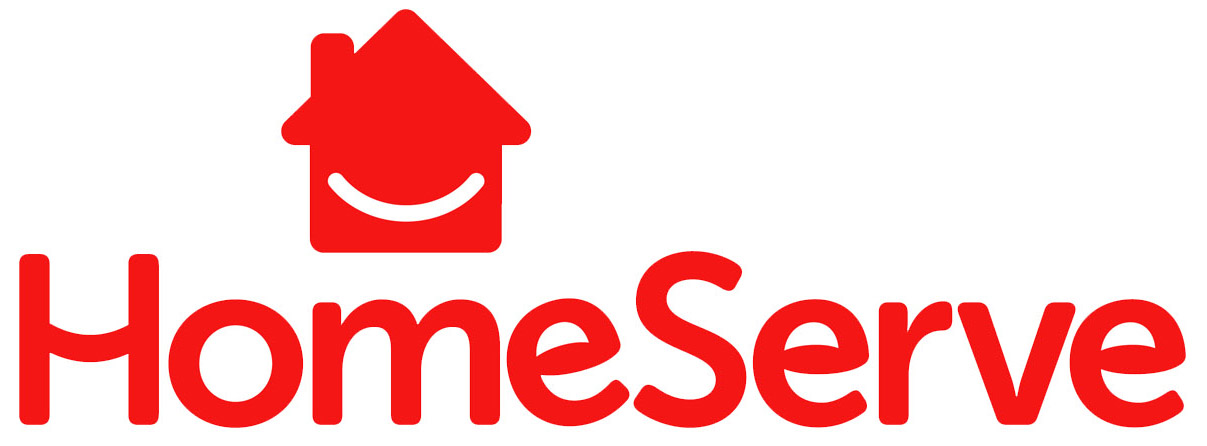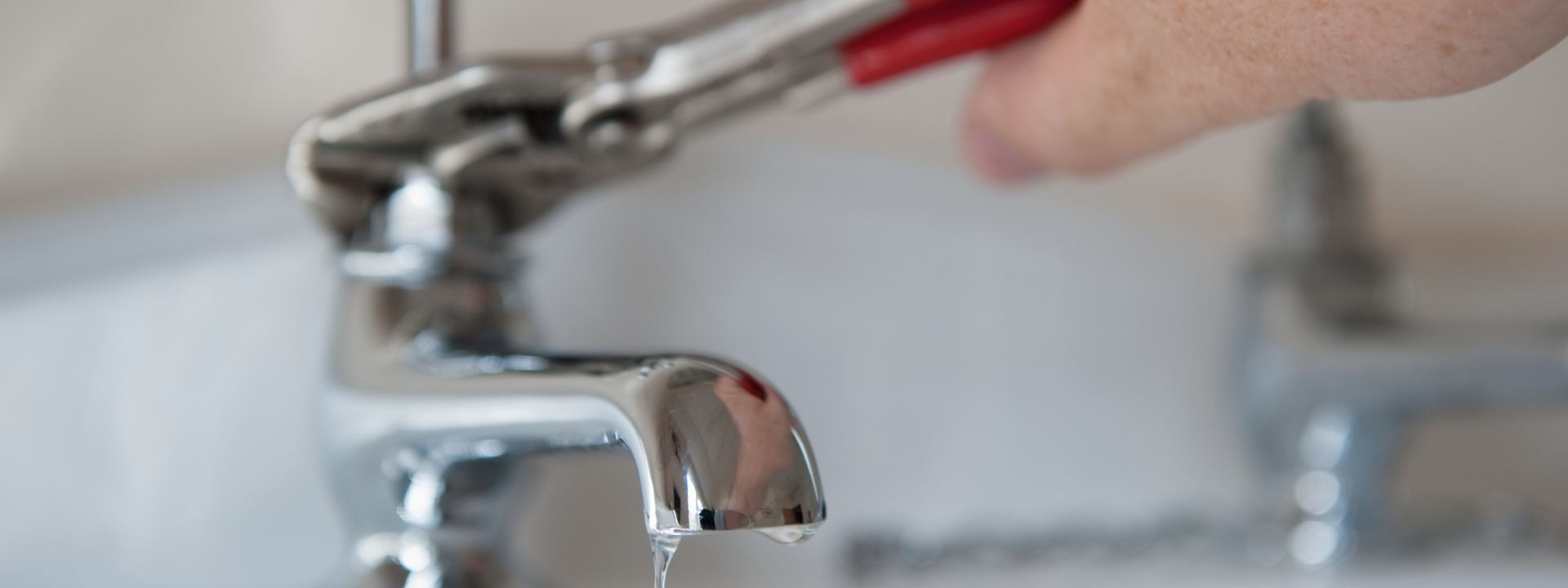Many leaks, such as running toilets or dripping faucets, can usually be fixed easily at little cost, but some more serious issues, such as a leaky hot water tank or boiler, are best handled by a professional plumber.
The Environmental Protection Agency estimates that 1 trillion gallons of water are lost to leaks each year and encourages plumbing leak detection through its annual Fix a Leak Week in March.
To observe Fix a Leak Week, we are sharing some plumbing leak detection tips that can be passed along to your residents.
Signs of a hidden water leak include:
- Low water pressure when using the shower or bath – turn all the fixtures off, then turn one back on. If the pressure is higher than normal, that means a potential leak.
- The boiler or hot water heater are constantly running, have wet patches or water stains around them or are making a hissing noise.
- There are wet, swampy patches in the lawn that don’t disappear even on the driest and hottest of days, or a strip of grass seems unusually lush and green.
- Mold; stains; bubbling or peeling paint or wallpaper; yellow or brown stains; soft spots on walls and flooring; buckling, cracking, warping or peeling; discoloration and musty or bad smells are all signs of water damage and a hidden water leak.
- The sound of water dripping or running when there shouldn’t be any.
Find hidden water leaks by:
- Monitoring the water bill to understand what the average usage is; a jump will indicate a leak. Utilities may offer online account access or a mobile app that allows customers to monitor it more closely. The average family of four uses approximately 12,000 gallons a month.
- Reading the water meter, then avoiding using any water in the home for 20 minutes before reading the meter again. If it moves, there is a leak. To determine whether it’s in the house or in the service line, use the shut off valve to the home and wait another 20 minutes. If the meter continues to spin, there is a water service line leak. If not, it is in the in-home plumbing.
- A running toilet won’t cause damage, but it will hurt a homeowner’s wallet. Find the hidden water leak by putting a few drops of food dye into the tank and waiting for 10 minutes. If there is dye in the bowl, there is a leak.
- Periodically checking the fittings, valves and hoses on appliances like washers, refrigerators or dishwashers that require water and may vibrate enough to loosen them.
- Look for signs of corrosion, mineral buildup or moisture around pipe joints and fittings.
Although plumbing leak detection should definitely be part of a homeowner’s regular schedule, leaks aren’t the only ways to lose – if homeowners aren’t practicing water conservation, they may be paying a higher bill than necessary.
There are several easy ways to conserve water:
- When replacing a fixture or appliance, consider WaterSense-labeled, water-efficient products.
- Only use the washer or dishwasher when it is full.
- Turn off the tap when brushing teeth or washing hands.
- When washing dishes, fill the sink instead of letting the water run continuously.
- Wash vegetables in a bowl instead of under running water.
- Take showers instead of baths.
- Install faucet aerators and a toilet dam if the toilet isn’t low-flow.
- Only water the lawn once a week and plants when they need it. Adding mulch helps plants retain moisture and go longer between watering.
- Consider using a screened rain barrel to collect water for outside use while preventing mosquitos.
With some behavioral changes and knowing what to look out for, your residents can help your community conserve water. However, there may be some residents who are putting off addressing plumbing issues because they can’t afford to have them repaired. The financial shock of an unexpected plumbing repair could be putting a drain on your residents’ wallets and your water system.
A partnership with the NLC Service Line Warranty Program can change all that. With an optional warranty program, residents can choose to protect their water and sewer service lines and in-home plumbing and drainage, ensuring that problems will be addressed as they come up. The program has a nationwide network of thoroughly vetted, licensed and insured contractors and a U.S.-based call center that is available 24/7/365.
To find out how we can help you fight water loss, contact us.

